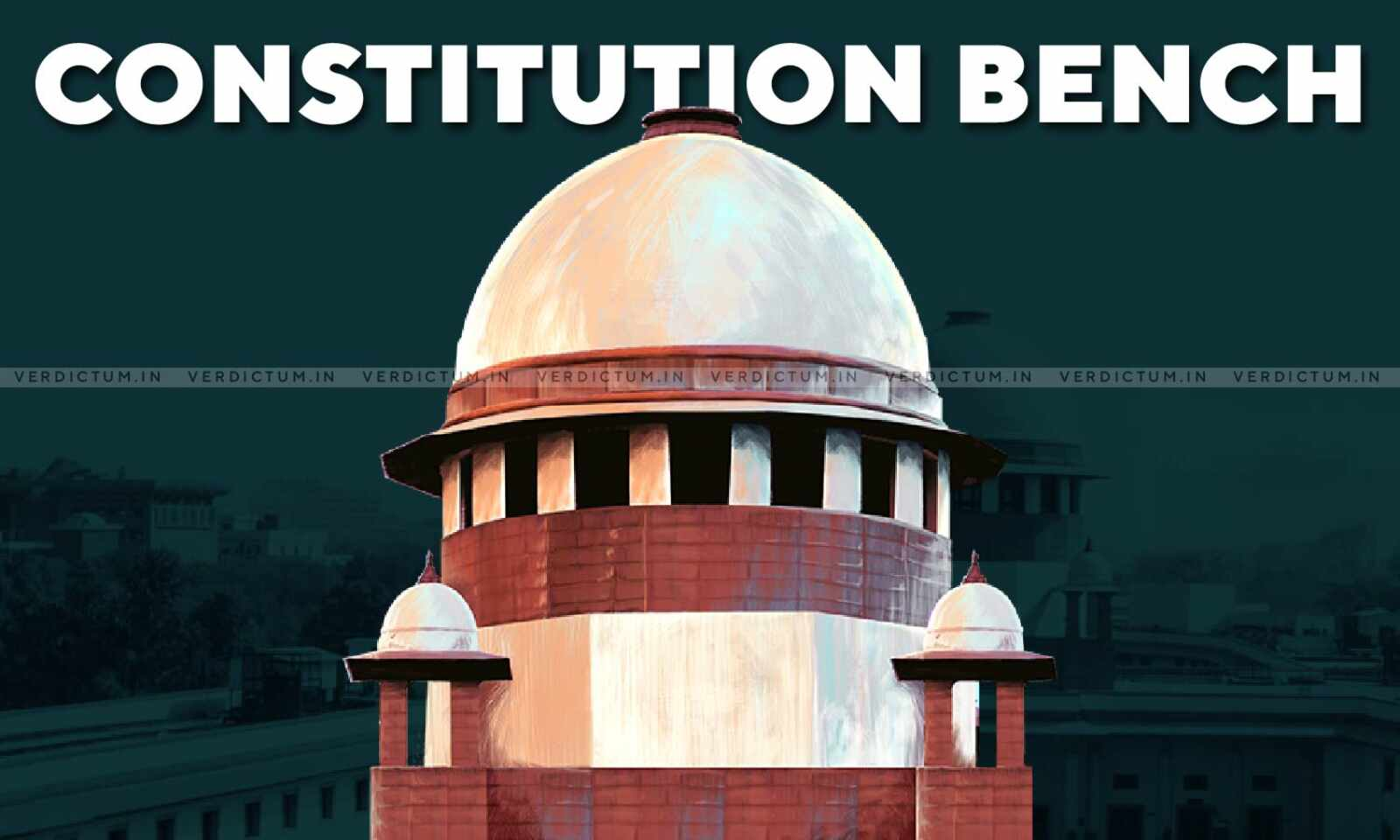Free Courses Sale ends Soon, Get It Now


Free Courses Sale ends Soon, Get It Now



Copyright infringement not intended
About:
Indian Constitution deals with citizenship from Articles 5 to 11 under Part II:
Acquisition of Citizenship:
Loss of Citizenship:
About Constitution Bench
https://epaper.thehindu.com/Home/ShareArticle?OrgId=GPLAO5E1B.1&imageview=0
© 2024 iasgyan. All right reserved